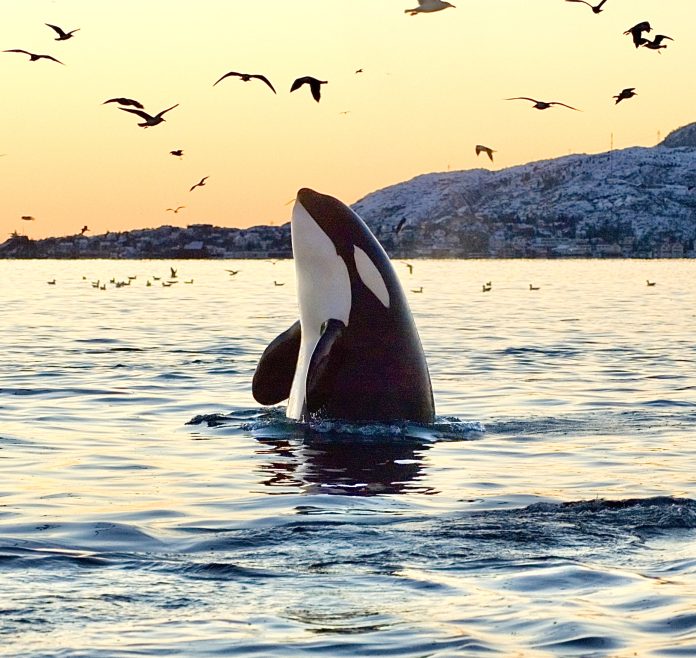
Southern Resident Orcas Receive Endangered Species Act Protections In Oregon Aiding In Their Recovery
You can help all animals and our planet by choosing compassion on your plate and in your glass. #GoVeg
RELATED ARTICLES
Pressure Mounts For Arizona To Ban Dog Pack Hunting Of Mountain Lions, Bears & Other Critical Species
Conservation groups have submitted a petition to the Arizona Game and Fish Commission urging a ban on the use of dog packs for hunting...
Help Save Millions Of Lives This Holiday By Choosing Compassion On Your Plate; Adopt A Turkey Today!
As Thanksgiving approaches, we hope you enjoy a warm and safe holiday. We encourage you to make a compassionate choice by leaving animals off...
Giraffes Are One Step Closer To Receiving Vital Endangered Species Act Protections
In response to a petition and subsequent lawsuit by conservation and animal protection organizations, the U.S. Fish and Wildlife Service (USFWS) has proposed listing...
Popular stories
News
WAN Exclusive With Eduardo Goncalves, Founder Of Campaign To Ban Trophy Hunting About Prohibiting The Import Of So-Called Animal “Trophies” Into The UK
Another year, another trophy hunter posing for photos on social media with endangered animals that he killed for so-called “sport.” Forty-four-year-old, father of three,...
News
World Animal News TOP Stories Making Headlines
1. First-Of-Its-Kind Elephant Rewilding Project Plans To Release A Herd Of 13 Captive Elephants From The UK Back To Their Ancestral Homeland Of Kenya
Animal...
Breaking News
Major Victory! Max Mara Fashion Group Chooses Compassion By Going Fur-Free
Fashion giant Max Mara recently made a groundbreaking announcement that they will no longer use fur in their collections. This decision comes after a...


